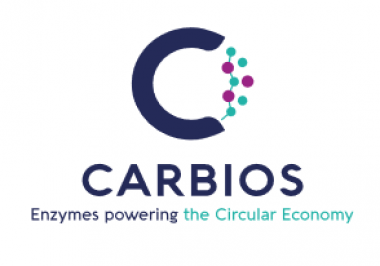Carbios presents its 2022 Annual Results
Carbios, a compnay in the development and industrialization of biological technologies for reinventing the life cycle of plastics and textiles, announces its operating and financial results for the year 2022. The financial statements as of December 31, 2022, were approved by the Company’s Board of Directors at their meeting on April 5, 2023.
- Project to build, in France, the world’s first PET biorecycling plant: Progress in line with 2025 unit commissioning target6
- Excellent results from the demonstration plant validating the industrial scale-up of Carbios technology
- Carbios licensing documentation ready for worldwide industrial and commercial deployment
- Long-term exclusive strategic partnership with Novozymes to ensure supply of enzymes at industrial scale for the Reference Unit and all future licensee plants
- Creation of fiber-to-fiber consortium with On, Patagonia, Puma, PVH Corp., and Salomon
- CE-PET research project successfully completed
- Participation in WhiteCycle project co-funded by Horizon Europe and coordinated by Michelin
- Publication of scientific articles in the prestigious Biophysical Journal and in Chemical Reviews
- Carbios hosts world’s first PET Biorecycling Summit
- Carbios publishes first Sustainability Report and outlines objectives for environmental, social and governance (ESG) initiatives
- Carbios joins Ellen MacArthur Foundation’s circular economy network
- €30 million European Investment Bank loan drawn down in 2022
- Group’s cash position of €101 million as of December 31, 2022
Carbios









